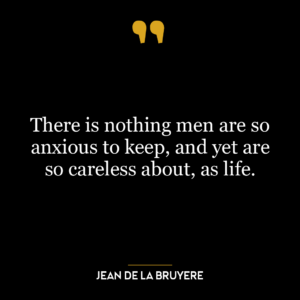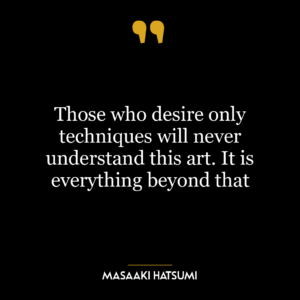This quote is a profound reflection on the human tendency to seek harmony or balance in our lives, and the anxiety that can arise when this harmony is disrupted. Rumi suggests that the pursuit of harmony, while seemingly a path to peace, can actually be a source of stress and anxiety. This is because life is inherently unpredictable and change is the only constant. When we cling to the idea of harmony, we resist this natural flow of change and create internal conflict, which manifests as anxiety.
Rumi’s advice to "seek disharmony" might seem counterintuitive, but it’s a call to embrace the chaos and unpredictability of life. By accepting and even seeking out disharmony, we can let go of our expectations and attachments, and this can lead to a deeper sense of peace. It is about being comfortable with the uncomfortable, and finding peace within the chaos.
In today’s fast-paced world, this idea is particularly relevant. Many people feel overwhelmed by the pace of change and the constant pressure to keep up. This can lead to a constant state of anxiety as we strive for a harmony that seems always out of reach. By seeking disharmony, we can learn to ride the waves of change rather than being swept away by them.
In terms of personal development, this quote encourages us to step out of our comfort zones and to embrace challenge and change. It’s a reminder that growth often comes from discomfort and that by seeking out new and potentially disruptive experiences, we can learn, grow, and ultimately find peace. This could mean taking on a challenging new project at work, or it could mean exploring new perspectives and ideas that challenge our existing beliefs. By seeking disharmony, we open ourselves up to new possibilities and experiences, and this can lead to a richer and more fulfilling life.





